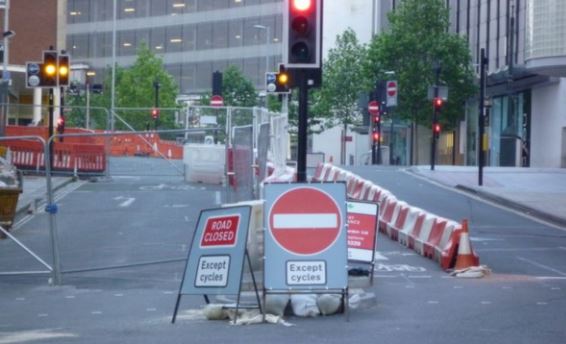
The past few months have demonstrated that the current structure of living presents significant challenges when trying to restrict the spread of a global pandemic. These challenges would not only impact on the way we work and live but also how we carry out day to day travel.
Previous government transport guidance has sought to encourage more travel by sustainable modes of transport and to discourage car use with the end goals of reducing CO2 emissions, improving air quality, improving highway safety and encouraging more active lifestyle. The use of public transport presented an important component of this strategy to allow high volumes of people to be transported within towns and cities. However, the use of public transport at intense levels clearly now presents risks if occupancy is taken to levels whereby social distancing measures cannot be implemented. This could therefore present a significant issue if these public transport users subsequently switch to car use.
The government has recognised this potential issue and has subsequently announced this weekend a “£2 billion package to create a new era for cycling and walking”. This funding will be used to provide the following transport network changes:
Evidently these changes will likely have an impact on the development industry with an increased emphasis placed on walking and cycling accessibility by local highway authorities.
Furthermore, the advent of Covid 19 could also lead to a number of further changes that need to be taken account of in any access strategy associated with a proposed development. These additional considerations may include the following:
Jubb are well placed to meet the subsequent future challenges and advise clients of potential requirements and opportunities in this regard. This is particularly evident given our long standing track record of providing innovative sustainable transport access proposals on a number of previous schemes.
https://www.constructionenquirer.com/2020/05/10/2bn-to-fast-track-walking-and-cycling-schemes/